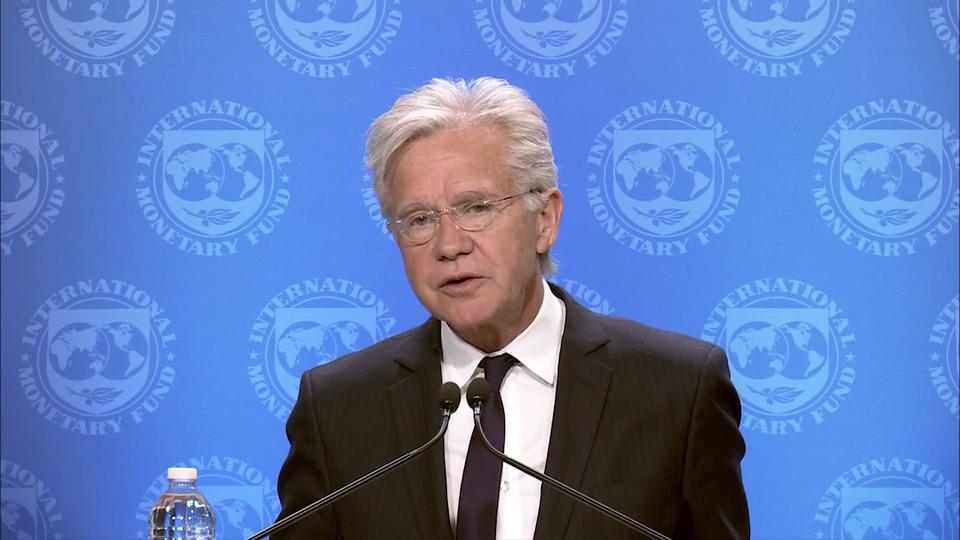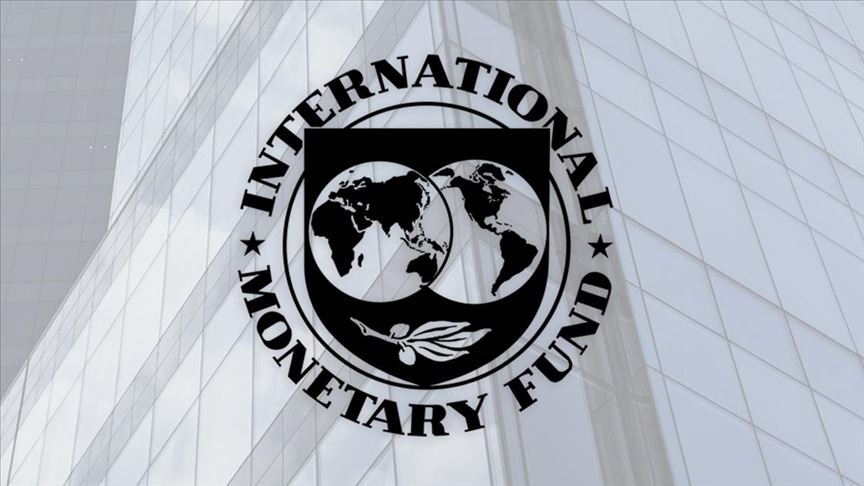IMF: India needs coordinated policy response, more stimulus to battle COVID-19 impact
The impact of COVID-19 pandemic is significant on India's development and the immediate priority is a coordinated policy response, the International Monetary Fund (IMF) has said.

Washington DC: The impact of COVID-19 pandemic is significant on India's development and the immediate priority is a coordinated policy response, the International Monetary Fund (IMF) has said.
"Given the unprecedented shock, the immediate priority is a coordinated policy response to fight the virus," said IMF Spokesman Gerry Rice at a press briefing here on Thursday (local time).
He said the IMF supports the government's responses to the pandemic, including fiscal stimulus with a focus on low-income workers and households.
Also Read: COVID-19 impact: IMF says global economy in recession
Also Read |
Coronavirus toll mounts to 2,744 in China
"We support the monetary easing and liquidity and regulatory measures for the financial sector for borrowers that have taken place. And maybe just to add, in this context, we believe further fiscal stimulus is warranted -- especially expenditures on health, food and income support for vulnerable households, and support for businesses."
The preliminary GDP estimate for 2020 second-quarter performance in India came in weaker than expected at around minus 23.9 per cent year-on-year, reflecting the severe impact of the pandemic and the ensuing lockdowns, he said.

Rice said the contraction in economic activity reflected broad-based weaknesses in industries on services with construction, manufacturing, hotels, and transportation sectors suffering the most.
Also Read |
Vande Bharat flight with 206 Indians departs from Washington
In its last World Economic Outlook update, the IMF projected growth in India at minus 4.5 per cent and 6 per cent respectively for FY 20-21 and FY 21-22.
Also Read: International: Pakistan rejects IMF demand to freeze salaries of govt employees
"The near-term growth outlook continues to be clouded by the global and domestic slowdown and uncertainties from the pandemic with significant downside risks," said Rice adding this is true not just for India but for most countries. In the short term, he said a detailed, well-communicated and credible medium-term fiscal consolidation plan is also important alongside and increase in fiscal transparency.
"We think that will help boost market confidence, thereby helping to reduce the cost of borrowing as well as help the economy overall," said Rice. (ANI)
 Dynamite News
Dynamite News 